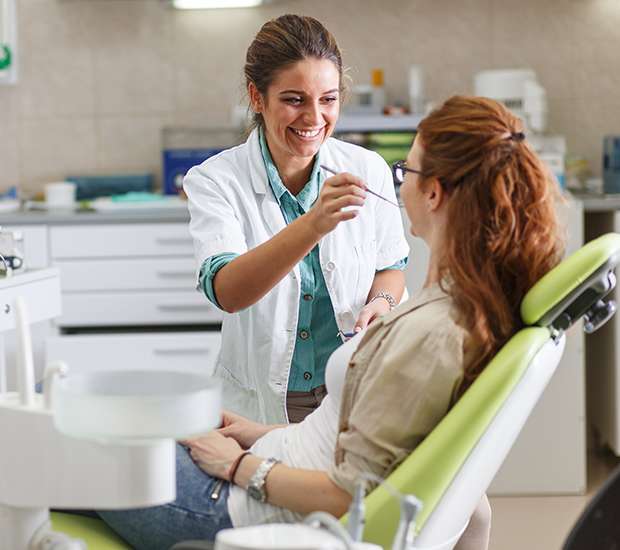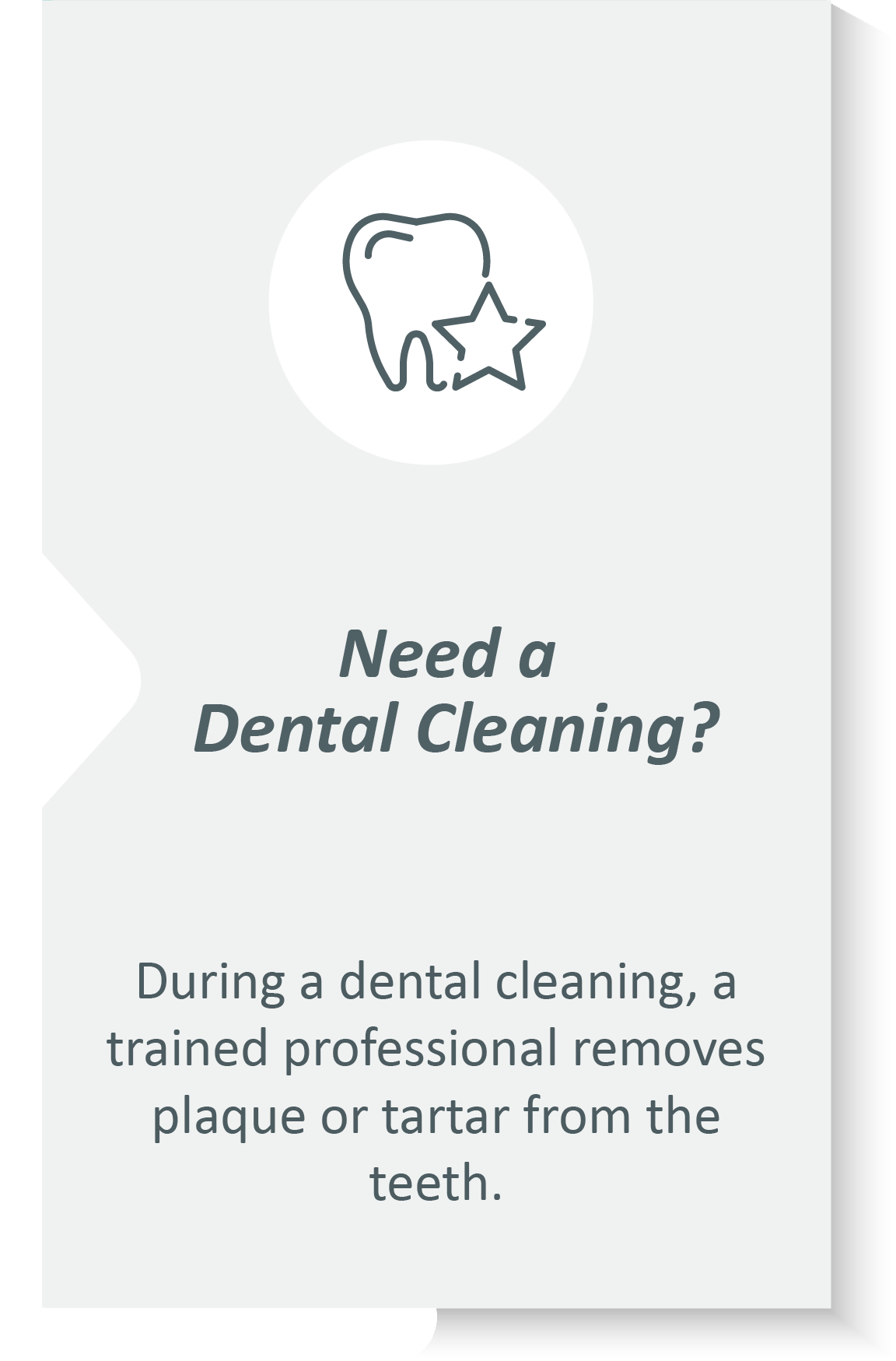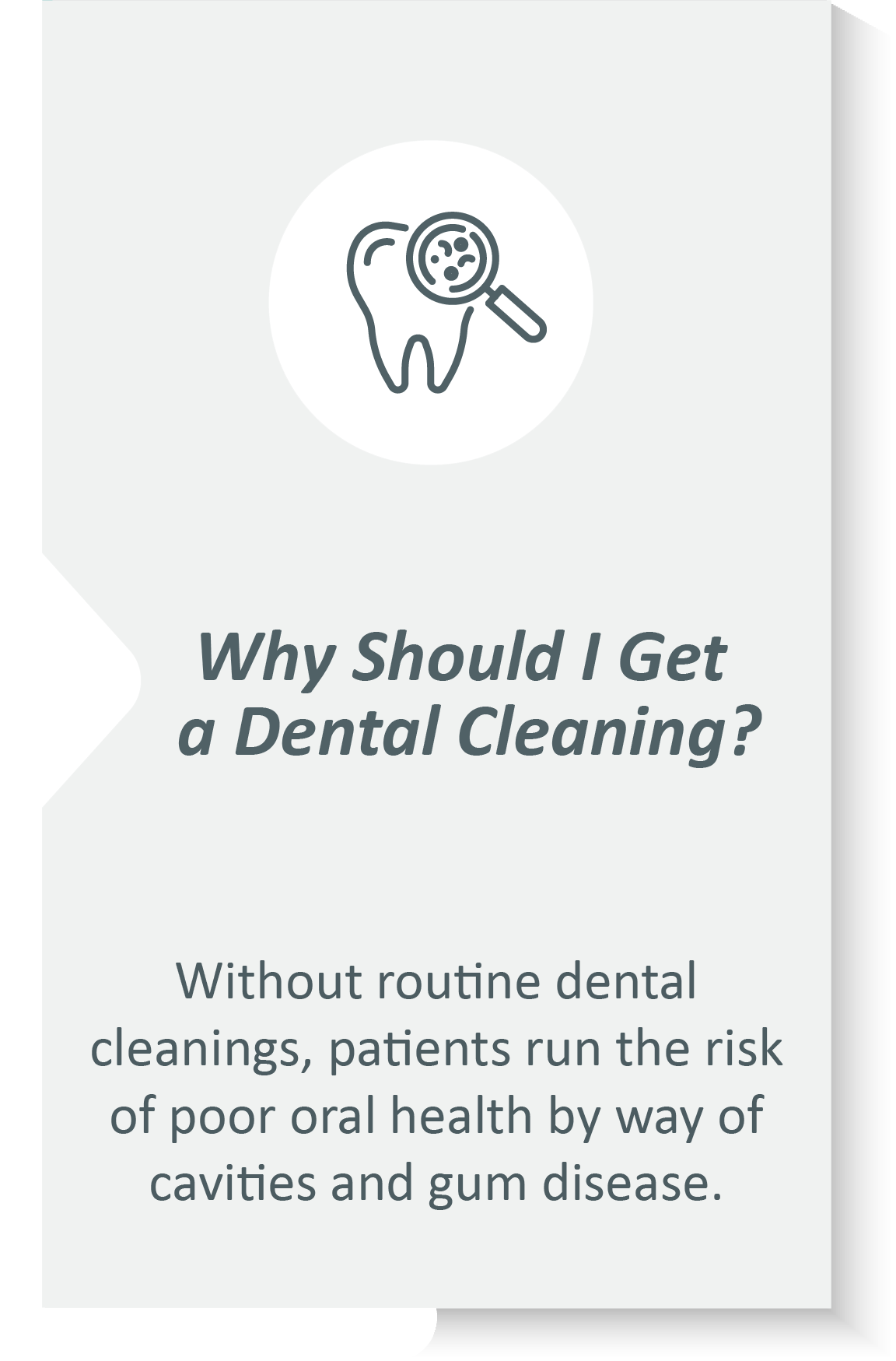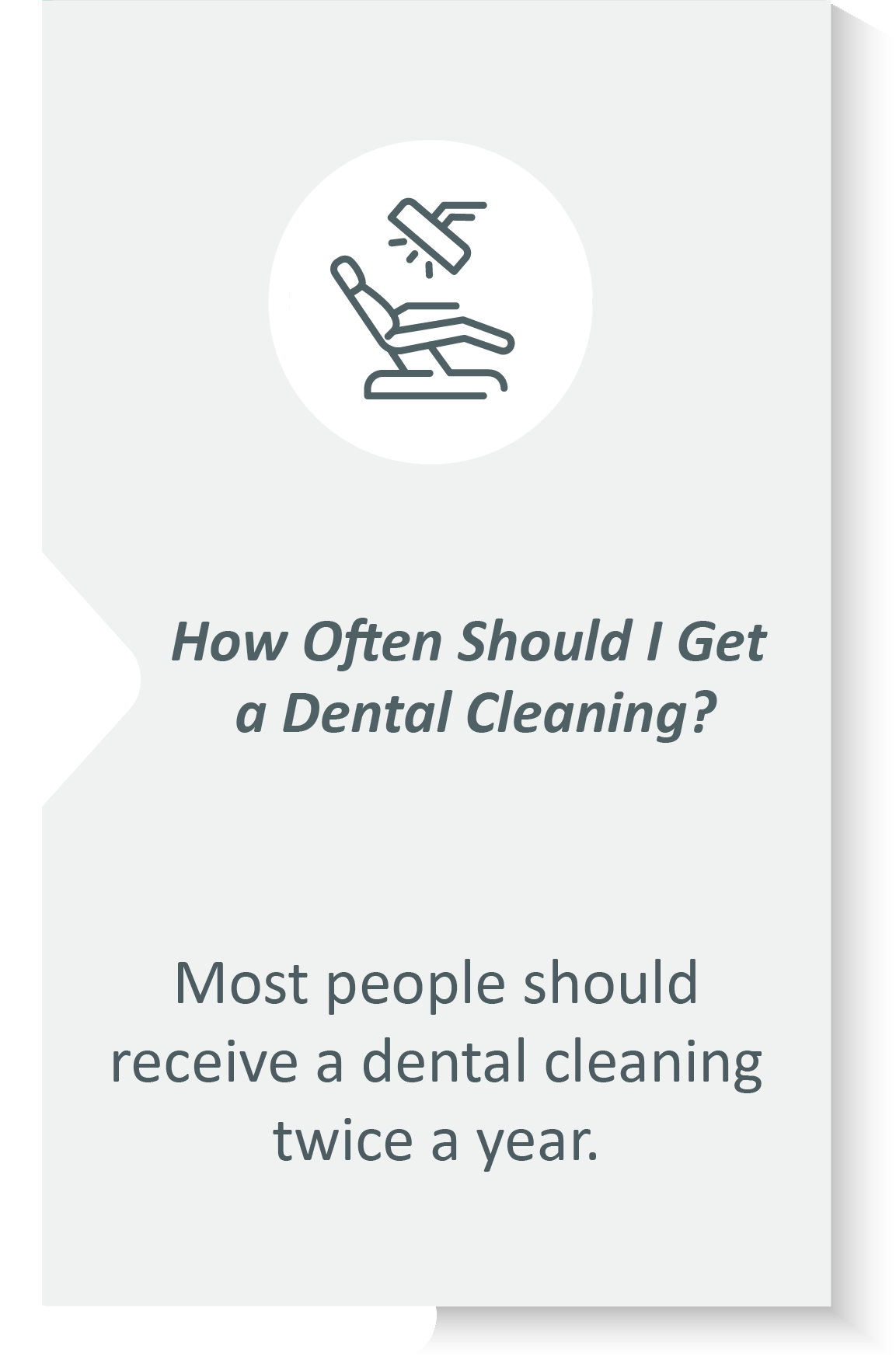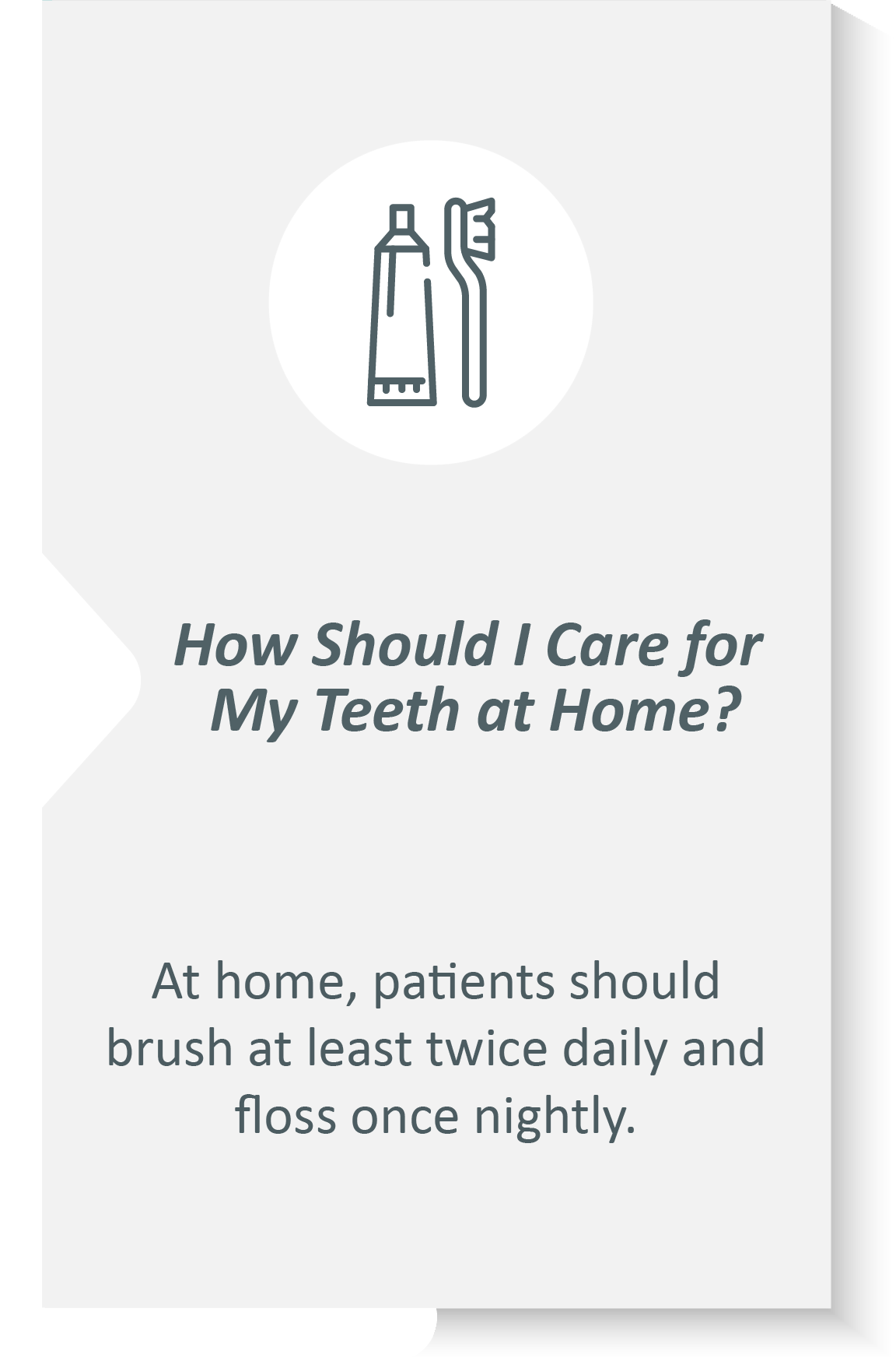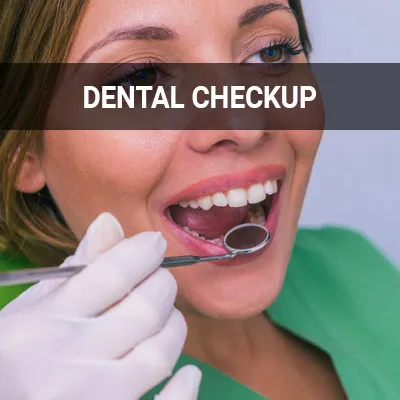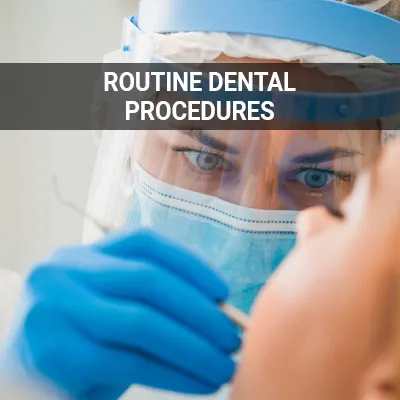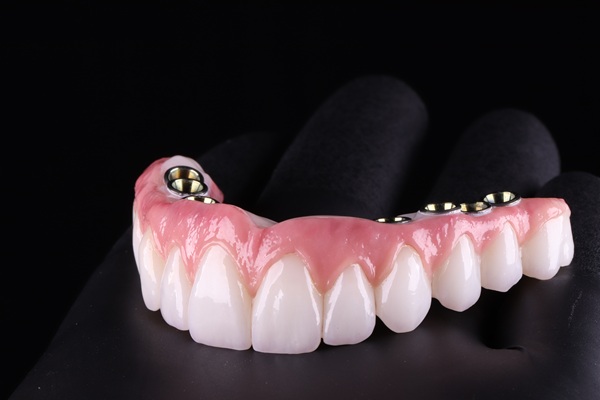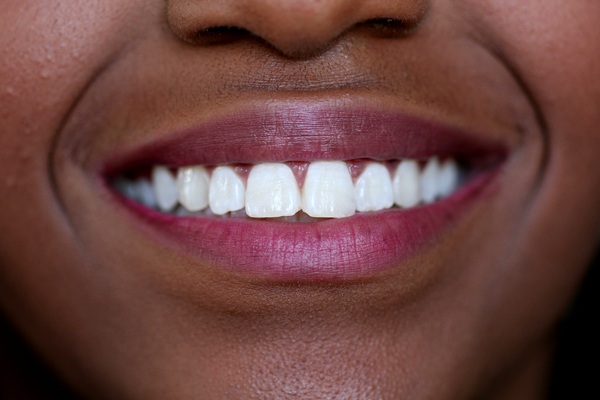Dental Cleaning and Examinations Dumont, NJ
Dental cleaning is a crucial part of regular dental checkups and examinations. It keeps the smile healthy and free of disease. The dental cleaning process includes plaque removal, flossing, polishing, and an examination of the gums. Those who keep up with their regular appointments and at-home oral hygiene routine should experience simple and efficient dental cleaning appointments.
A specialized dental professional is responsible for this part of a dental examination and will answer any questions someone might have, help address their oral health concerns, and provide guidance on how they can keep their smile in the best shape possible. To schedule your dental cleaning, contact our Dumont Family Dental team at (201) 374-7202 today.
What to Expect During the Dental Cleaning Process
Physical Examination
Before the cleaning begins, the dental professional will take a look at the entire mouth with a small mirror. This mirror is angled so that they can see all around the mouth, gums, and teeth. During this examination, they will look for signs of oral health concerns, such as inflamed gums, which may indicate gingivitis — the first stage of gum disease. Unless there are any problems detected, the examination and cleaning are taken care of by the dental professional without needing to consult anyone else.
Scaling
The dental professional will use a scaler to remove any plaque or tartar that has built up on the surface of the teeth since the last dental examination. This is important because buildup can lead to tooth decay and cavities. A scaler is a special tool that looks like a hook. The dental professional uses it to remove the plaque on the teeth and around the gumline. It is normal to hear scraping sounds during the scaling. With regular brushing and flossing, scaling should not take too long.
Cleaning
After the dental professional has removed the plaque, they will use a gritty toothpaste and electric brush to smooth and polish the teeth. The brush may be noisy, but the brushing itself is unlikely to cause discomfort. The toothpaste has a gritty substance to help get rid of any leftover plaque that the scaling might have missed, and the paste itself will polish the teeth to protect them from the buildup of bacteria between checkups.
Flossing
Flossing should be part of everyone's regular at-home oral care routine. For people who do not floss regularly, there may be some discomfort during this part of the dental cleaning. The dental professional will use a thin piece of floss and glide it between each tooth to remove any plaque that might be present. They will likely ask how often the patient flosses and offer some suggestions for at-home care.
“Unless there are any problems detected, the examination and cleaning are taken care of by the dental professional without needing to consult anyone else.”
The Power of the Dentist’s Fluoride and Equipment
At the end of the dental cleaning, the patient will likely be asked to rinse with a special fluoride mouthwash. Mouthwash that contains fluoride is a useful addition to any oral hygiene routine. If the dentist recommends this fluoride treatment in the office and at home, it helps protect the teeth against the development of tooth decay. Like the scaler, toothpaste, and electric brush used during the cleaning, this treatment is extra powerful, but not harmful.
“Mouthwash that contains fluoride is a useful addition to any oral hygiene routine.”
Cleaning the Teeth
The dental professional will use a special instrument to clean the teeth and remove any plaque and tartar buildup. Plaque is a sticky film that builds up on the teeth. When plaque is soft, it can be removed by brushing and flossing. However, when plaque builds up and hardens, it turns into tartar, which can be removed only with professional dental tools.
The more tartar builds up on the teeth and gums, the more time the dental professional will need to remove it. Taking good care of teeth and gums at home can help prevent tartar buildup and make the process of a professional dental cleaning much easier.
Gum disease and tooth decay can cause areas of sensitivity in the mouth. If the patient has any tooth or gum sensitivity, the dental professional will take additional care around those areas to prevent any pain. Light sedation may also be available to help put patients at ease if their dental sensitivity is severe.
After the teeth have been cleaned, the dental professional will use a high-powered toothbrush to polish them. Dental cleanings use a special type of toothpaste with a slightly gritty texture that helps scrub the teeth.
After polishing the teeth, the dental professional will floss them to remove any leftover plaque or toothpaste. Flossing the teeth also helps the dental professional identify any trouble spots where the gums might bleed.
Fluoride Treatment
Dental cleanings often include a special fluoride treatment. Fluoride is a mineral that helps strengthen teeth and prevent cavities. It is found in most brands of toothpaste and mouthwash. The fluoride treatment used in dental offices is more concentrated than anything available commercially. It may come in the form of a rinse, foam, or gel. The dental professional may ask that eating and drinking be avoided for 30 minutes after the treatment so the fluoride can be fully absorbed into the teeth.
“Dental cleanings use a special type of toothpaste with a slightly gritty texture that helps scrub the teeth.”
Check out what others are saying about our dental services on Yelp: Dental Cleaning and Examinations in Dumont, NJ
Dental Cleaning vs. Deep Cleaning
Regular dental cleanings remove plaque and tartar from the surface of the teeth. If too much bacteria is present, the dentist may not be able to perform a regular cleaning. Performing a dental cleaning when a patient has gum disease can release too much bacteria into the bloodstream, leading to other health problems.
In this case, the dentist may recommend a deep cleaning. A deep cleaning removes bacteria around the roots of the teeth and the pockets between the teeth and gums. Since deep cleanings are more involved, they often target one section of the mouth at a time.
“A deep cleaning removes bacteria from around the roots of the teeth and the pockets in between teeth and gums.”
Questions Answered on This Page
Q. What happens during a dental cleaning?
Q. Why does the dentist use fluoride mouthwash in the cleaning?
Q. What is the power of dentist-provided fluoride?
Q. What is the difference between a dental cleaning and a deep cleaning?
Q. What are some strategies for preventing dental emergencies?
People Also Ask
Q. What do dental sealants do?
Q. What should people discuss during an office visit?
Q. Why is it important to educate the family about oral healthcare?
Q. What steps should I take to care for my dental health at home?
Preventing Dental Emergencies
It may be tempting to skip regular dental cleanings, especially for those who are accustomed to maintaining good oral hygiene habits at home. However, regular dental cleanings do more than simply clean the teeth. They allow the dentist to identify minor tooth issues before they turn into bigger problems. Dental problems such as tooth decay or cracked teeth can turn into dental emergencies if not properly treated.
“Dental problems such as tooth decay or cracked teeth can turn into dental emergencies if not properly treated.”
Frequently Asked Questions
Q. How often should I have my teeth cleaned?
A. The American Dental Association recommends that children and adults have their teeth professionally cleaned every six months. If you have dental insurance, these cleanings are likely covered at no out-of-pocket cost to you.
Q. Do I still have to see a dentist if I don't have any symptoms?
A. You should have a dental cleaning twice a year even if you do not have any symptoms. Dental cleanings remove plaque and tartar from the teeth, which helps prevent tooth decay. Neglecting dental cleanings can lead to serious dental issues.
Q. What is the difference between a dental cleaning and a deep cleaning?
A. If you have a lot of tartar buildup, your dentist may recommend a deep cleaning. A deep cleaning is a more thorough procedure designed to remove bacteria from the mouth. A deep cleaning may involve two procedures: scaling and root planing. Scaling removes plaque and tartar from below the gum line, while root planing smooths rough spots on the roots of the teeth to reduce bacteria and help teeth reattach to the gums. If your dentist recommends a deep cleaning for you, they may ask you to reschedule for a later date, as deep cleanings are more involved and take longer. They may also require more than one appointment to complete.
Q. What can I do to take care of my teeth at home?
A. Using fluoride toothpaste, brush your teeth at least twice a day for two minutes. You may want to brush your teeth more often if you eat or drink anything sugary. Floss once a day to remove food particles and bacteria from in between teeth and around the gums.
Q. Are deep cleanings really necessary?
A. Yes. Deep cleanings are particularly necessary for patients with periodontal disease, which leads to the loss of bone and gum attachment to the teeth. Periodontal disease is diagnosed via dental X-rays and gum measurements greater than 4mm.
Dental Terminology
Prevent Dental Emergencies
These cleanings can help prevent expensive dental emergencies and other common oral health concerns, such as cavities. Follow the recommended at-home routine and schedule cleanings every six months. Scheduling your routine dental cleaning is as easy as calling our team in Dumont, so call us at (201) 374-7202 today.
Helpful Related Links
- American Dental Association (ADA). Glossary of Dental Clinical Terms. 2024
- American Academy of Cosmetic Dentistry® (AACD). Home Page. 2024
- WebMD. WebMD’s Oral Care Guide. 2024
About our business, and website security
- Dumont Family Dental was established in 1973.
- We accept the following payment methods: American Express, Cash, Check, Discover, MasterCard, and Visa
- We serve patients from the following counties: Bergen County
- We serve patients from the following cities: Dumont, New Milford, Bergenfield, Tenafly, Cresskill, Demarest, Haworth, Hackensack, Englewood, Teaneck, River Edge, and Paramus
- National Provider Identifier Database (1689734162). View NPI Registry Information
- Norton Safe Web. View Details
- Trend Micro Site Safety Center. View Details
Back to top of Dental Cleaning and Examinations
